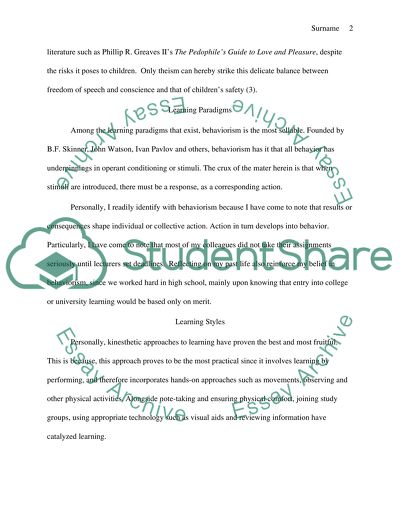Cite this document
(World Views on Theism Assignment Example | Topics and Well Written Essays - 1500 words, n.d.)
World Views on Theism Assignment Example | Topics and Well Written Essays - 1500 words. https://studentshare.org/philosophy/1450101-world-views-on-theism
World Views on Theism Assignment Example | Topics and Well Written Essays - 1500 words. https://studentshare.org/philosophy/1450101-world-views-on-theism
(World Views on Theism Assignment Example | Topics and Well Written Essays - 1500 Words)
World Views on Theism Assignment Example | Topics and Well Written Essays - 1500 Words. https://studentshare.org/philosophy/1450101-world-views-on-theism.
World Views on Theism Assignment Example | Topics and Well Written Essays - 1500 Words. https://studentshare.org/philosophy/1450101-world-views-on-theism.
“World Views on Theism Assignment Example | Topics and Well Written Essays - 1500 Words”. https://studentshare.org/philosophy/1450101-world-views-on-theism.


